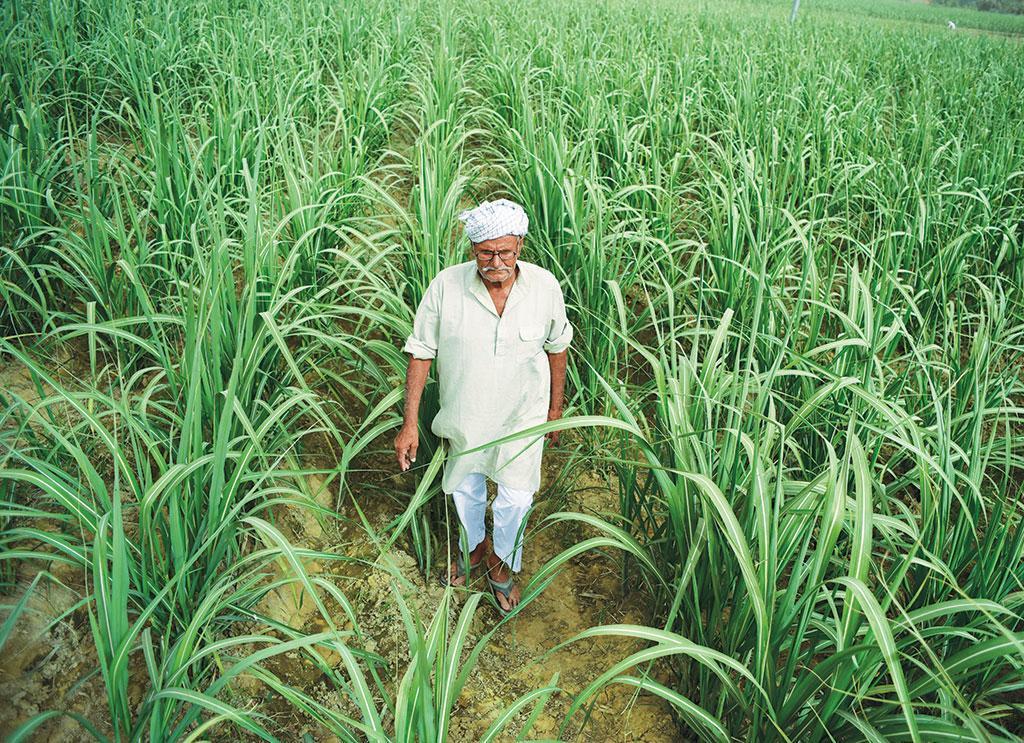

The farmers in flood-prone villages lost access to a more lucrative market in Nepal, resort to distress sales to cut losses



The persistent closure of the India-Nepal border has hurt the income of farmers in adjoining Bihar districts Sitamarhi and Sheohar.
Lockdowns on both sides of the border to contain the novel coronavirus disease (COVID-19) pandemic restricted Indian farmers from selling their produce in Nepal. The people sometimes even enter illegally into Nepal through unguarded areas.
The hope is always that they would get a more fair price in Nepal than in Bihar mandis (market). The main economic occupation in Sitamarhi and Sheohar is farming, with rice, pulses and wheat being the major crops.
“I have no other source of income and my family of eight depends on farm produce,” Ashok Kumar, a farmer, said.
The family consumes half of what they cultivate and sells the rest, he added. They have been relying on local mandis since they have not been able to reach the markets in Nepal. “We don’t make a decent profit here.”
Road connectivity between border areas and towns is in shambles and hinders transportation of agricultural produce throughout the year — it takes about three hours to cover a distance of 30 kilometres. “We have to pay a large part of the profit in transportation as we travel for 60 km to reach the town,” Kumar said. They have to sell their
Yearly flooding aggravates the problem and connectivity is affected for over two months.
Sitamarhi is flood-prone and so, it becomes impossible to store grains for too long, said Rajesh Singh, a farmer from Sonbarsa village.
In 2006, Bihar abolished the Agricultural Produce Market Committee (APMC) mandi system and set up local bodies to buy farm produce. These bodies take a 1 per cent cut from farmers and buyers.
“Farmers have had to sell their produce to private procurers at throwaway prices,” said Abhishek Ranjan, a sociologist at Patna-based AN Sinha Institute of Social Studies. He added:
For 14 years, farmers have not had a favourable market for their produce. Paddy has sold for Rs 900-1,000 a quintal in Bihar, almost half the Rs 1,868 fixed by the Centre as minimum support price.
Experts believe after the repeal of the APMC system, farmers indulged in distress sales because their produce would go to waste because of no proper storage facility.
In Sitamarhi town, where five cold storages have been sanctioned, only one is functioning. As a result, farmers are forced to sell perishable items like vegetables in villages or consume them.
The long-standing demand of the villagers for cold storage has been pending with the state government for years, said Sunita Devi, sarpanch, Sitamarhi. The 2015 Nepal border blockade for months has hurt the local community the most, she added.
COVID-19 has put additional stress on land-based incomes as Bihari migrant workers returned from big cities like Delhi and Mumbai in large numbers during the lockdowns and stayed back, Ranjan.
People are finding it difficult to get jobs and a major chunk of people will have to work in the field as labourers, he added.
Bhola Gupta, a daily-wages worker, said:
Finding work in towns is more difficult now, and we are getting less for the same work that we did before. I have returned to my native village after a lot of trouble in Delhi and will not leave Bihar even if I have to work in the field.
Job schemes like MGNREGA are also stalled and no construction work is happening either in the village or towns.
Kamala Devi, block development officer, denied that roads are damaged regularly even during monsoon. “Since Sitamarhi district comes under a flood-prone area, there is hardly anything the government can do.”
She, however, acknowledged that local bodies take time to buy rice and pulses, and delay the disbursement of money to farmers. This is why the farmers prefer to sell their produce in Nepal. “Land for a cold storage has been purchased, and the construction work will begin shortly,” she added.
Nepal blaming India for a rise in COVID-19 cases, firing along the border and claiming Indian territory as their own is no assurance for Bihar’s farmers about resumption of economic activity across the border. There is still no official statement regarding the opening of the border.
We are a voice to you; you have been a support to us. Together we build journalism that is independent, credible and fearless. You can further help us by making a donation. This will mean a lot for our ability to bring you news, perspectives and analysis from the ground so that we can make change together.

Comments are moderated and will be published only after the site moderator’s approval. Please use a genuine email ID and provide your name. Selected comments may also be used in the ‘Letters’ section of the Down To Earth print edition.